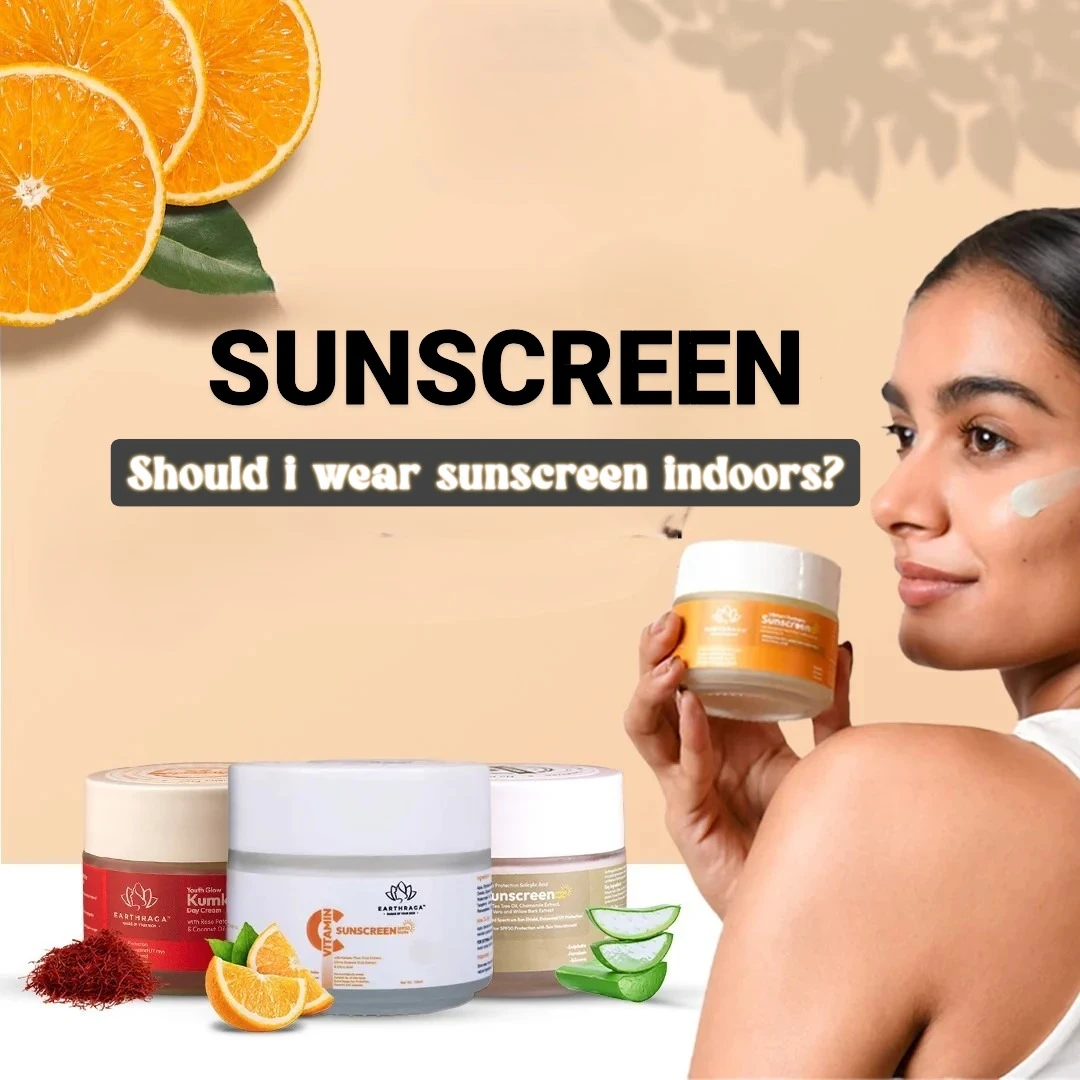Should i wear sunscreen indoors?
Should I Wear Sunscreen Indoors?
The short answer is yes—you should consider wearing sunscreen indoors, especially if you’re exposed to natural light or electronic devices for extended periods. While it may seem unnecessary, the reality is that ultraviolet (UV) radiation and other skin-damaging factors aren’t limited to the outdoors. Understanding why sunscreen is still beneficial inside can help you maintain healthy, youthful skin in the long run.
1. UV Exposure Through Windows
Most indoor environments have windows, and not all windows are created equal. While standard glass blocks UVB rays (which cause sunburn), it does not completely block UVA rays, which penetrate deeper into the skin and contribute to premature aging, pigmentation, and even skin cancer. If you sit by a window while working from home, driving, or simply enjoying natural light, your skin may still be absorbing harmful UVA radiation.
This is especially relevant for people who spend hours near windows, such as office workers, drivers, or those living in sunny climates. Over time, unprotected exposure can result in fine lines, uneven skin tone, and collagen breakdown—even if you’re not outdoors.
2. Blue Light from Screens
Another reason to wear sunscreen indoors is blue light (also called HEV light), which is emitted from screens like phones, laptops, tablets, and TVs. While blue light is less damaging than UV rays, research suggests it can still contribute to oxidative stress, hyperpigmentation, and skin aging, especially for people with darker skin tones.
Some modern sunscreens are formulated to protect against blue light by including antioxidants or ingredients like iron oxides. If you spend a lot of time in front of screens, using sunscreen that offers this kind of protection can be beneficial.
3. Consistent Skincare Routine
Wearing sunscreen indoors helps maintain a consistent skincare routine. Applying it every morning ensures you’re protected throughout the day, regardless of whether your plans change. For example, you might start your day indoors but step out later for errands or meetings. By applying sunscreen at the start of your day, you eliminate the guesswork and reduce the risk of sun damage from surprise exposure.
4. Protection from Indoor Lighting
While the impact is minimal, certain types of artificial lighting—like halogen and fluorescent lights—emit small amounts of UVA radiation. Over time and with prolonged exposure, these can have a cumulative effect, particularly on sensitive or hyperpigmentation-prone skin.
Final Thoughts
Sunscreen is not just a summer or outdoor essential; it’s a daily defense against visible signs of aging, skin cancer, and pigmentation. A broad-spectrum sunscreen with SPF 30 or higher should be applied every morning, regardless of whether you're going outside or staying indoors. If you sit by windows, use screens frequently, or are concerned about skin aging and discoloration, wearing sunscreen inside is a smart, preventative step in your skincare routine. Consistency is key—protecting your skin daily pays off over time.

Related Blog
What Causes Oily Skin and Can It Be Managed Naturally? Exploring Root Causes and Gentle Solutions
Aug 2, 2025 by Admin
General
What Are the Signs That You Have Sensitive Skin? Key Symptoms to Help You Identify This Delicate Skin Type
Aug 1, 2025 by Admin
General